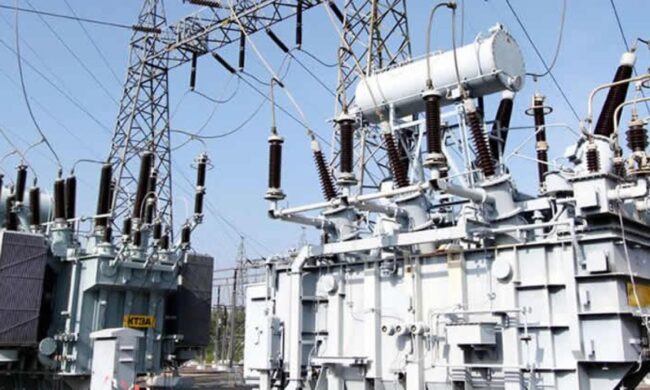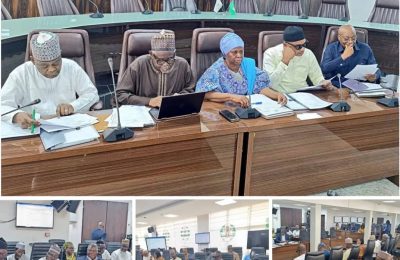THE Federal government has been urged to halt discussions on the privatization of public assets and utilities in the electricity and water sectors.
At a one-day symposium on the ‘Socio-Economic and Political Implications of Privatization of Public Assets and the Way Forward’ in Lagos State, the Amalgamated Union of Public Corporations Civil Service Technical and Recreational Services Employees (AUPCTRE) and the National Union of Electricity Employees (NUEE) with support from the DGB Bildungs Wek and Public Services International (PSI) convened to discuss the need for the review of privatization of public assets and utilities by the Nigerian government and their dire implications on the citizenry and the economy.
At the end of the symposium, the groups called for the reversal of the tariff hikes in the electricity sector and the immediate end of balkanisation of Nigerians into tariff bands that create class and segregation.
In a communiqué issued after the symposium, the groups called on the Nigerian Senate to convene a public hearing to allow Nigerians to air their views on the state of electricity sector privatization, as well as appealed a halt to World Bank and IMF-suggested initiatives on privatising Nigeria’s water assets under the Public Private Partnership (PPP) or any model that puts profits over service delivery and human rights.
Also, they called for the adoption of the PPP model which has proven to be successful as against privatization which has become a conduit pipe to fleece the nation, as well as sustained investment in human capital development in the public sector to pave way for efficiency and transparency in their operations.
The coalition also asked for an end to practices that unfairly target workers in exercises that are carried out to strengthen government institutions. Instead, workers should be regularly trained and rated based on performance.
While welcoming the participants, AUPCTRE National President, Comrade Benjamin Anthony, said that privatization in all forms either in the water or electricity sector must be confronted by labour and civil society. He explained that the failure of the electricity sector privatisation which was consummated in 2013 was predicted, and the same fate would meet the water sector unless ongoing advocacy for its halt is sustained.
A keynote address on Weaning Nigeria of Privatization in the Age of Remunicipalisation and Democratic Control of Public Utilities, was delivered by Professor Mande Hosea Mangu, while a Panel session on People Power versus Corporate Takeover of Public Assets set the tone for recommendations on how to labour and civil society can collaborate to reverse the privatized entities and stop those currently in the works.
A major highlight of the symposium was also a protest march in Ikeja by the participants to express their total rejection of privatization of state assets and utilities and a call for the reversal of the electricity sector privatisation.
The communiqué was jointly signed by AUPCTRE, NUEE, Renevlyn Development Initiative (RDI), Pan African Vision for the Environment (PAVE), Child Health Organisation, Committee for Defence of Human Rights (CDHR), Peace and Development Project (PEDEP) and Sustainable Research and Action for Environmental Development (SRADev Nigeria)
READ ALSO: Network demands justice as Africa marks week of action against water privatisation








